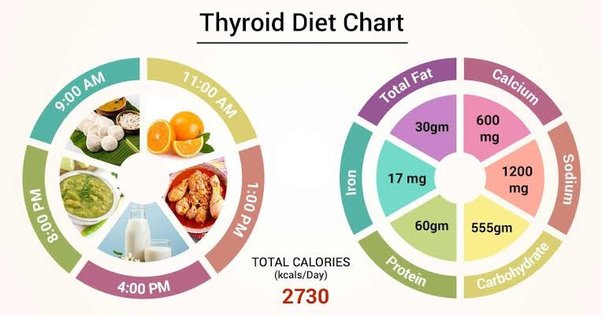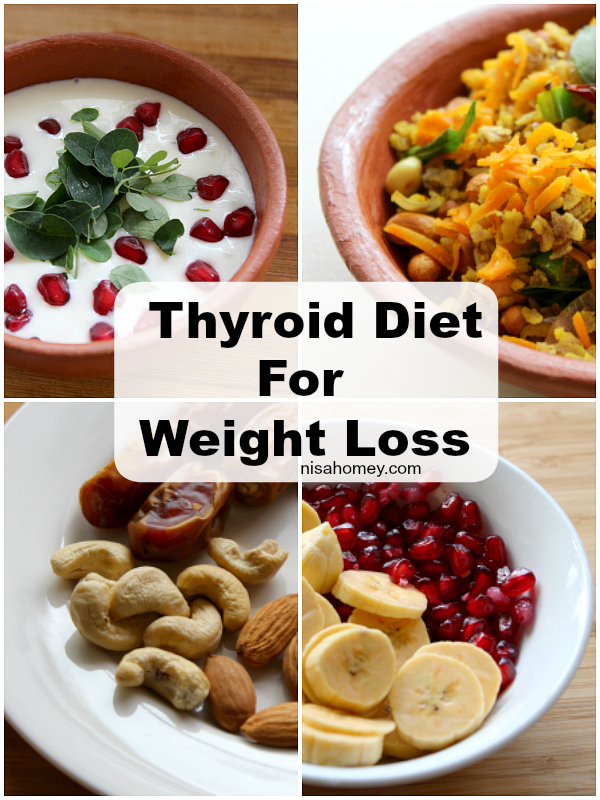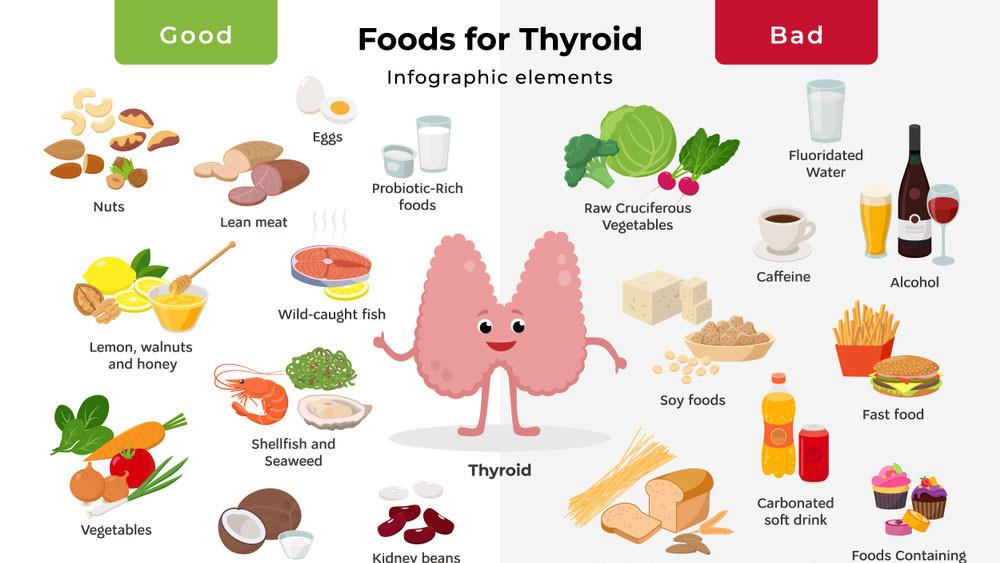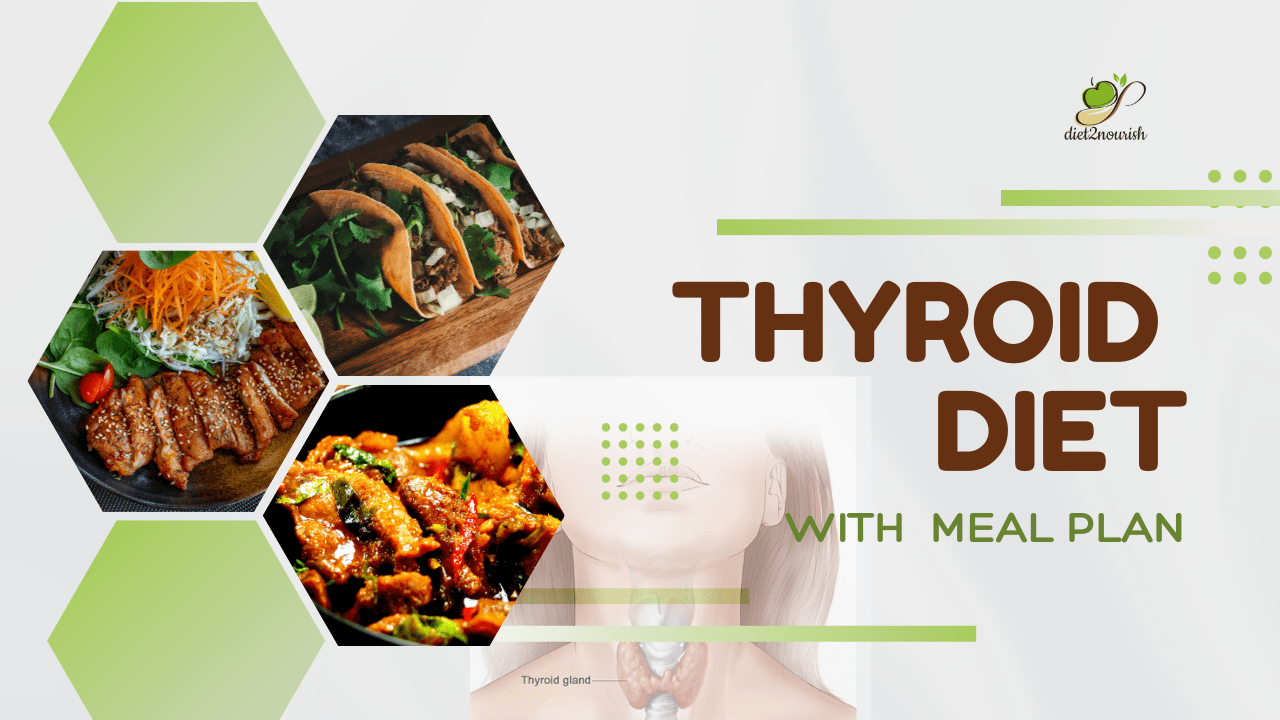The thyroid, a butterfly-shaped gland in the neck, produces hormones crucial for controlling various body functions. When it malfunctions, it can affect the entire body, leading to conditions like hyperthyroidism or hypothyroidism, requiring medical attention.
What Causes Thyroid Disease?
Thyroid disease comes in two main types: hypothyroidism, when the thyroid is underactive, and hyperthyroidism, when it’s overactive. Other diseases can also impact thyroid function, contributing to these conditions.
Possible causes of Hypothyroidism include:
- Thyroiditis: Inflammation of the thyroid gland, leading to reduced hormone production.
- Hashimoto’s Thyroiditis: An autoimmune condition where the body attacks and damages the thyroid.
- Postpartum Thyroiditis: Temporary thyroid dysfunction occurring after childbirth.
- Iodine Deficiency: Inadequate iodine levels impacting hormone production.
- Non-Functioning Thyroid Gland: Malfunctioning thyroid gland from birth, affecting a small percentage of newborns.
Conditions that can cause Hyperthyroidism include:
- Graves’ Disease: Overactivity of the entire thyroid gland, also known as diffuse toxic goiter.
- Nodules: Overactive nodules within the thyroid, either as a single toxic autonomously functioning thyroid nodule or as multiple nodules (toxic multi-nodular goiter).
- Thyroiditis: Inflammatory disorder causing the release of stored hormones, which may last for weeks or months.
- Excessive Iodine: High levels of iodine in the body, often from medications like amiodarone or certain cough syrups, leading to increased thyroid hormone production.
Symptoms Of Thyroid Disorder
- Anxiety and irritability
- Lack of sleep
- Losing and gaining weight
- Feeling tired and weak
- Enlargement of the thyroid gland
- Irregular menstrual cycle
- Vision problems
- Thin, dry, and rough hair
- Temperature sensitivity
- Change in voice
What Are Common Tests To Check The Health Of The Thyroid?
- TSH Blood Test:
- Measures thyroid-stimulating hormone levels.
- Normal range: 0.5 to 5.0 mIU/L.
- T4 and T3 Levels:
- Assesses thyroid hormone levels in the blood.
- Imaging Tests:
- Thyroid Scan: Uses safe radioactive material for imaging.
- Thyroid Ultrasound: Examines thyroid structure.
- Fine-Needle Aspiration (if needed):
- Extracts tissue for examination, especially for nodules.
Thyroid Diet Plans

Weekly Diet Plan
| Day | Meal Time | Foods to Include |
|---|---|---|
| Sunday | Breakfast (8:00-8:30AM) | 3 dosa + 1/2 cup sambhar + 1 tsp methi chutney + 1 glass milk/1 cup tea |
| Mid-Meal (11:00-11:30AM) | 1 medium-size fruit | |
| Lunch (2:00-2:30PM) | 1 cup rice + 2 chapathi + 1 portion (150gm) chicken curry + 1 glass buttermilk | |
| Evening (4:00-4:30PM) | 3 Cracker biscuits + 1 glass milk/1 cup tea | |
| Dinner (8:00-8:30PM) | 3 chapathi (multigrain-wheat; jowar; bajra) + lauki methi sabji + 1/2 cup vegetable salad | |
| Monday | Breakfast (8:00-8:30AM) | 1 cup roasted oats upma with vegetables + 1 glass milk/1 cup tea |
| Mid-Meal (11:00-11:30AM) | 1 banana | |
| Lunch (2:00-2:30PM) | 4 chapathi + 1/2 cup french beans curry + 1/2 cup colocasia (arbi) sabji + 1 glass buttermilk | |
| Evening (4:00-4:30PM) | 1 cup boiled green gram sprouts with lemon + 1 glass milk/1 cup tea | |
| Dinner (8:00-8:30PM) | 3 chapathi + 1/2 cup bitter gourd sabji + 1/2 cup vegetable salad | |
| Tuesday | Breakfast (8:00-8:30AM) | 1 cup broken wheat upma with vegetables + 1 glass milk/1 cup tea |
| Mid-Meal (11:00-11:30AM) | 100gm musk melon | |
| Lunch (2:00-2:30PM) | 1 cup rice + 2 chapathi + 1 portion (100gm) grilled/stewed fish (tuna/salmon/sardine/black pomfret) + 1/2 cup rajmah curry | |
| Evening (4:00-4:30PM) | Bread omelette (eggs-2) (whole wheat bread-3 slices) + 1 glass milk/1 cup tea | |
| Dinner (8:00-8:30PM) | 3 chapathi + 1/2 cup ridge gourd (thori) sabji + 1/2 cup vegetable salad | |
| Wednesday | Breakfast (8:00-8:30AM) | 2 paratha (aloo/gobhi/methi) with 2 tsp green chutney + 1 glass milk/1 cup tea |
| Mid-Meal (11:00-11:30AM) | 100gm pomegranate | |
| Lunch (2:00-2:30PM) | 4 chapathi + 1/2 cup cluster beans curry + 1/2 cup capsicum sabji + 1 glass buttermilk | |
| Evening (4:00-4:30PM) | 3 wheat rusk + 1 glass milk/1 cup tea | |
| Dinner (8:00-8:30PM) | 3 chapathi + 1/2 cup raw banana sabji + 1/2 cup vegetable salad | |
| Thursday | Breakfast (8:00-8:30AM) | 4 Idly + 1/2 cup sambhar + 1 tsp coconut chutney + 1 glass milk/1 cup tea |
| Mid-Meal (11:00-11:30AM) | 1 medium-size apple | |
| Lunch (2:00-2:30PM) | 1 cup rice + 2 chapathi + 1 portion (100gm) fish (tuna/salmon/sardine/black pomfret) curry + green peas sabji | |
| Evening (4:00-4:30PM) | 1 roasted blackgram laddu + 1 glass milk/1 cup tea | |
| Dinner (8:00-8:30PM) | 3 chapathi + 1/2 cup aloo baingan sabji + 1/2 cup vegetable salad | |
| Friday | Breakfast (8:00-8:30AM) | 1/2 cup Oats in 1 glass milk |
| Mid-Meal (11:00-11:30AM) | 1 medium-size guava | |
| Lunch (2:00-2:30PM) | 4 chapathi + 1/2 cup chana dal + 1/2 cup methi sabji + 1 glass butter milk | |
| Evening (4:00-4:30PM) | 1 cup boiled bengalgram with lemon + 1 glass milk/1 cup tea | |
| Dinner (8:00-8:30PM) | 3 chapathi + 1/2 cup bhindi sabji + 1 cup vegetable salad | |
| Saturday | Breakfast (8:00-8:30AM) | Vegetable cheese sandwich with 3-4 whole wheat bread slices + cucumber, tomato, onion + 1 glass milk/1 cup tea |
| Mid-Meal (11:00-11:30AM) | 1 wedge (100gm) watermelon | |
| Lunch (2:00-2:30PM) | 1 cup rice + 2 chapathi + 1/2 cup skin out chicken (150gm) curry + 1/2 cup ivy gourd (parmal) sabji + 1 glass buttermilk | |
| Evening (4:00-4:30PM) | 1 cup chiwda + 1 glass milk/1 cup tea | |
| Dinner (8:00-8:30PM) | 3 chapathi (multigrain-wheat; jowar; bajra) + 1/2 cup tinda sabji + 1/2 cup vegetable salad |
For detailed information on Diet Chart, you may fill the form click here.
Weight Loss

Trying to lose weight with a thyroid disorder can be tough, even with a healthy diet and exercise. If you’re feeling frustrated, check out our article on the Thyroid Diet Plan. We’ve got all the info you need to understand thyroid issues and manage your weight.
How to Start Your Weight Loss Journey with Thyroid Disease?
Losing weight with thyroid disease involves making sustainable lifestyle changes. Avoid crash diets and excessive exertion. Start by consulting a healthcare professional to create a balanced diet with thyroid-friendly foods. Incorporate regular exercise, including both cardio and strength training. Monitor thyroid levels regularly, be patient, and stay consistent with your efforts.
- Identify the root cause.
- Choose personalized treatment.
- Consider holistic approaches.
Free Thyroid Diet For Weight Loss
| Time | Diet |
|---|---|
| Morning | 1 Glass Jeevam Green smoothie |
| Pre – Lunch | Soak 1 tsp of chia seeds for 20-25 mins in lemon water |
| Lunch | 1 Buddha bowl: Boiled chickpeas + Grilled vegetables (Broccoli / Zucchini / Bell Peppers) + homemade salsa + pumpkin seeds + Quinoa |
| Evening | 3 Brazil Nuts + 5 Pecan Nuts + 4 Walnuts |
| Dinner | 1 Full Plate Tandoori Vegetables (mushroom + broccoli + cauliflower + pineapple) |
For detailed information on Weight Loss, you may fill the form click here.
Home Remedies

The thyroid, a small but mighty gland, wields significant influence over our body’s functions through hormone production. January marks Thyroid Awareness Month, emphasizing the importance of thyroid health.
Explore simple home remedies to ease symptoms and support your thyroid’s well-being.
- Coconut Oil
- Medium-chain fatty acids aid thyroid function.
- Promotes weight loss, boosts metabolism, and regulates body temperature.
- Use in cooking or switch to it for a thyroid-friendly diet.
- Apple Cider Vinegar
- Balances hormone production and expression.
- Improves metabolism and alkalizes the body.
- Mix with water and honey, consume in the morning.
- Ginger
- Rich in potassium and magnesium, combats inflammation.
- Use in tea or as essential oil for application.
- Add to curries, stir-frys, or baked items.
- Vitamins B
- Essential for proper thyroid function.
- Vitamin B12 aids those with hypothyroidism.
- Include eggs, meat, fish, legumes, and nuts in the diet.
- Vitamin D
- Deficiency can lead to thyroid problems.
- Get 15 minutes of sunlight daily for natural production.
- Fatty fishes, dairy products, and eggs are good sources.
For detailed information on Home Remedies, you may fill the form click here.
Foods To Eat And Avoid In A Thyroid Diet

Foods To Eat
- Fresh Fruits:
- Provide essential nutrients and antioxidants.
- Vitamin C-rich fruits like citrus support immune health.
- Berries promote thyroid function.
- Fibrous Vegetables:
- Aid in feeling fuller longer for those with hyperthyroidism.
- Include broccoli, kale, collard greens, and non-starchy veggies.
- Gluten-Free Grains:
- Reduce inflammation, especially for those sensitive to gluten.
- Opt for rice, buckwheat, quinoa, and gluten-free oats.
- Foods High in Selenium:
- Balances thyroid hormone levels.
- Found in fish, meats, eggs, and certain seeds.
- Healthy Fats:
- Essential for hormone balance.
- Include omega-3 fatty acids from fish, flaxseeds, and healthy oils.
Foods To Avoid
- Soy-Based Goods:
- Avoid processed soy products with phytoestrogens.
- Isoflavones in soy may harm the thyroid and hinder medication absorption.
- Limit or avoid tofu, soy sauce, and soy-based creamers.
- Caffeine:
- Can worsen hyperthyroidism symptoms.
- May lead to anxiety, irritability, and a rapid heartbeat.
- Substitute with herbal teas, flavoured water, or non-caffeinated options.
- Goitrogens:
- Found in cruciferous veggies like broccoli, cauliflower, and kale.
- Interfere with thyroid hormone production and iodine absorption.
- Advisable for those with hypothyroidism to limit consumption.
- Alcohol:
- Impacts thyroid hormone synthesis and levels.
- Reduces the body’s ability to use thyroid hormones effectively.
- Best to abstain from alcohol for individuals with thyroid problems.


